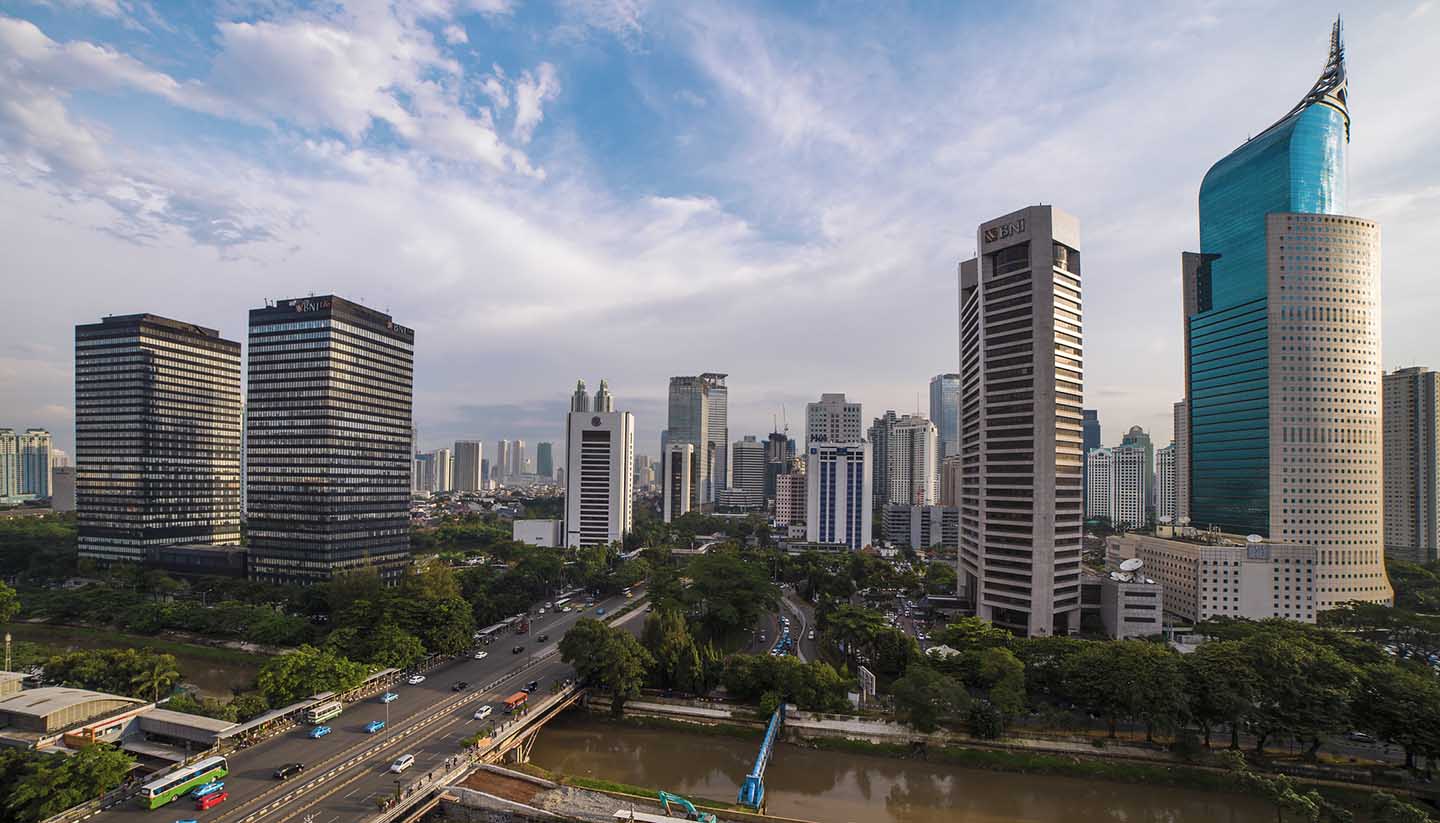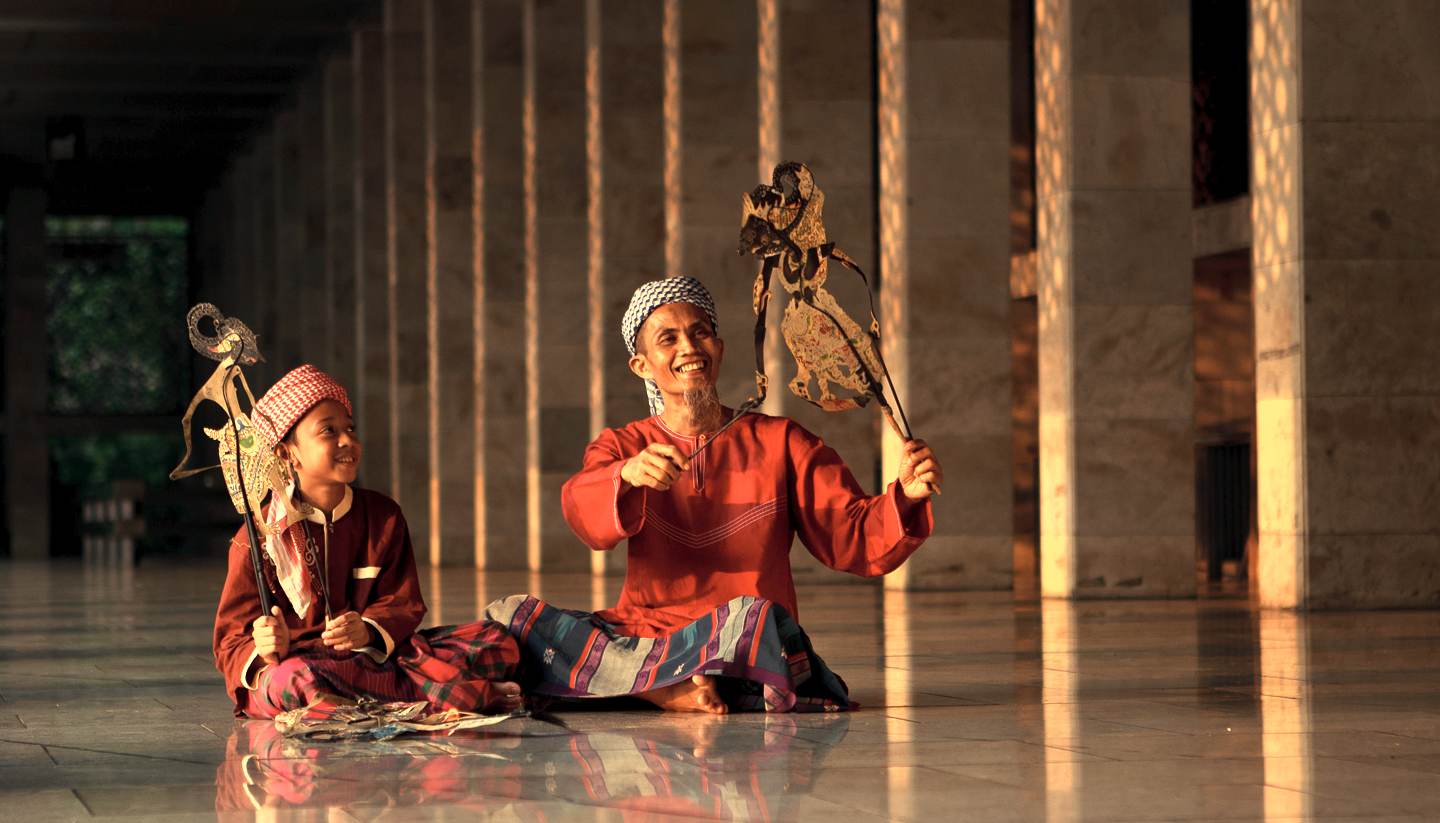Jakarta History
Colonial rivals vied for control of this strategic trading port, but Jakarta emerged as a strong, independent capital.
Evidence of settlements on the Ciliwung estuary date back to the fourth or fifth centuries, but Jakarta’s history really kicked off in the early 16th century when the first European settlers arrived. The Portuguese took a fancy to this already established port, which they soon made use of to expand their colonial aims.
It wasn’t long before they were booted out by the sultan of Bantam however, who renamed the city Jayakerta, meaning ‘glorious fortress’.
Next up was a tussle between the British and the Dutch, both hoping for a bigger slice of Jakarta’s lucrative pie. Led by Jan Pieterszoon Coen, the Dutch outwitted the Brits in 1619, burning the whole town to the ground and snatching control of the port. Jayakerta became Batavia, the capital of the Dutch East Indies, and the city was transformed into a copycat Amsterdam, complete with gabled merchants’ houses and canals.
Batavia boomed, and so did its population. By the early 1800s, the overcrowded, mosquito-ridden swampy areas were ripe for malaria, and a raft of epidemics saw an exodus of wealthy Europeans heading to higher ground.
Apart from a brief period of British control during the Napoleonic Wars, the Dutch ran Batavia until Japanese forces occupied the city in 1942, when it was renamed Jakarta.
The Netherlands tried to wrest back power after the war, but on 27 December 1949, Jakarta became the official capital of independent Indonesia.
Skyscrapers popped up and Jakarta became a financial powerhouse under President Suharto. However, it all came crashing down in 1997-98 during the Asian financial crisis. Violent protests and rioting hit the capital’s streets, and Suharto resigned in 1998.
Today, Jakarta remains stable politically and is becoming a major player among emerging economies.
Did you know?
• Batavia’s Stadhuis (city hall), built in 1710, is home to the Jakarta History Museum.
• Jakarta Kota railway station is one of the city’s few remaining examples of art deco architecture.
• Jakarta hosted the 2007 Asian Cup final; Iraq beat Saudi Arabia 1-0.



